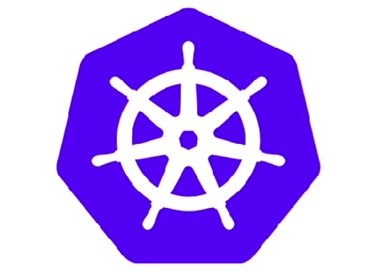Kubernetes Adds Initial Support for Windows Containers

The latest version of the Kubernetes cluster orchestrator moved a step closer to becoming operating-system agnostic with the addition of support for Windows Server-based workloads, reflecting ongoing efforts to expand the application container ecosystem by stabilizing management of Windows containers.
Container pioneer Docker, which has worked closely with Microsoft (NASDAQ: MSFT) over the past five years on container development, described qualified Kubernetes support for Windows “worker” nodes as nothing short of “monumental.” (According to reports, however, other Kubernetes nodes must still run on the Linux OS.)
Version 1.14 of the de facto industry standard container orchestrator includes 31 enhancements. Production-level support for Windows nodes was among ten features moving from “beta” to “stable,” the Cloud Native Computing Foundation (CNCF) said this week.
CNCF, an arm of the Linux Foundation, said Kubernetes now supports “Windows nodes as worker nodes and scheduling Windows containers, enabling a vast ecosystem of Windows applications to leverage the power of our platform.” That means companies running both Linux- and Windows-based applications “don’t have to look for separate orchestrators to manage their workloads,” the group explained.
Thus far, Kubernetes only supports Windows Server 2019 for application containers and worker nodes, the collection of IT resources such as a runtime needed to manage one or more containers. While other components such as “master” Kubernetes nodes must still run on Linux, CNCF said the addition of Windows container management to Kubernetes would also improve support for container pods, workload controllers and other features that “closely match the capabilities offered for Linux containers.”
Despite those limitations, Docker said support for Windows nodes and .NET applications would expand the Kubernetes ecosystems. “Kubernetes supporting Windows is a monumental step for the industry,” Mark Church, a Docker product manager, noted in a blog post.
Windows Server 2016 and later versions include the enterprise version of Docker Engine. Docker customers have been running mixed Linux and Windows containers on its Swarm clustering and scheduling tool. Church said an upcoming release of Docker’s enterprise edition would allow users to expand management of Windows containers to Kubernetes.
Red Hat (NYSE: RHT), another key stakeholder in the evolution of Kubernetes, lauded the stable version of support for managing Windows containers as a “significant release milestone.”
“The community has worked hard to enable this major expansion of the Kubernetes ecosystem,” Red Hat noted in a blog post. “This means an open commitment to supporting workloads across clouds.”
Red Hat, which is being acquired by IBM (NYSE: IBM), said the Kubernetes upgrades will be incorporated into future releases of its OpenShift container platform.
Kubernetes 1.14 is available for download on GitHub. Release notes for the latest version of the container orchestrator are here.
Related
George Leopold has written about science and technology for more than 30 years, focusing on electronics and aerospace technology. He previously served as executive editor of Electronic Engineering Times. Leopold is the author of "Calculated Risk: The Supersonic Life and Times of Gus Grissom" (Purdue University Press, 2016).










